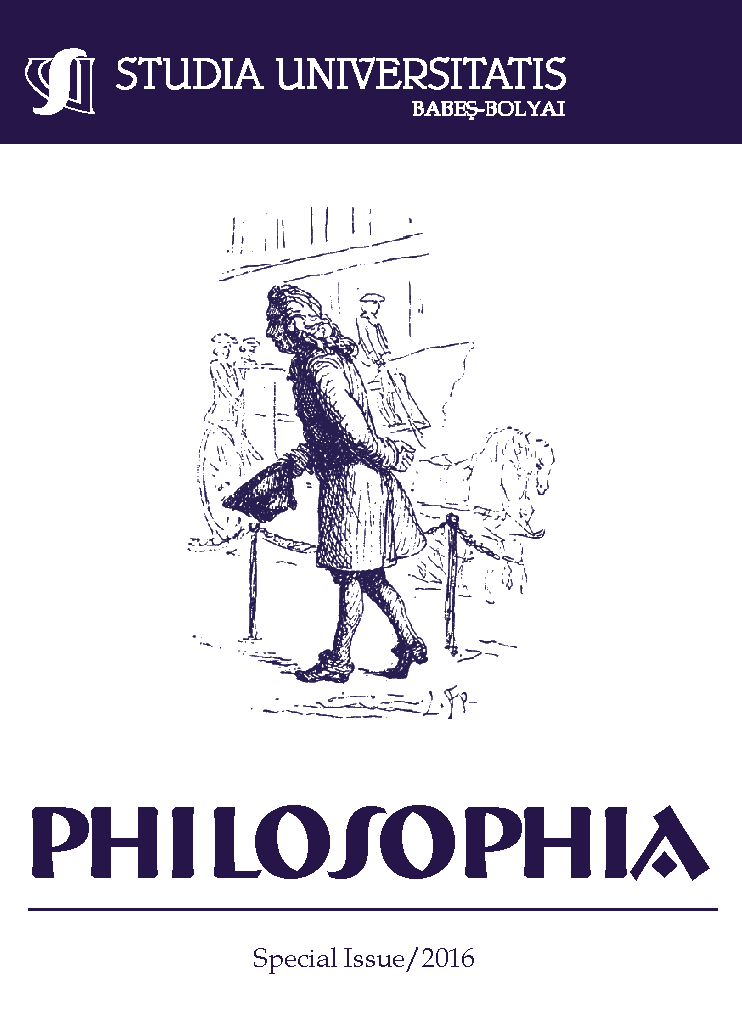HE LATE PHILOSOPHY OF GEORG LUKÁCS: HISTORY, FETISHISM AND ALIENATION
Keywords:
fetishism, alienation, ontological turn, marxism, objectivityAbstract
The Late Philosophy of Georg Lukács: History, Fetishism and Alienation. Lukács’s late ontological turn is an attempt to go beyond the limitations of his early thesis of the identical subject-object and to better understand those forms of objectivity that appear as a consequence of social existence. In this category of social forms of objectivity he includes the phenomena of fetishism and reification, determined by the dual character, simultaneously material and social, of the objects produced under the rule of commodity form and of exchange value. Closeley related is the phenomenon of alienation, caused by the difference between the developement of society and that of human personality, crushed under the weight of fetishism.
References
Lukács, Georg:
History and classconsciousness (HCC), MIT Press, Cambridge, Massachusetts 1971.
The ontology of social being. Marx’s basic ontological principles, (OM) Merlin Press, London, 1978.
Ontologia existenței sociale, vol. II (OES), Editura Politică, București, 1986.
The Young Hegel (YH), Merlin Press, London, 1975.
Prolegomeni all’ontologia dell’essere sociale, Istituto Italiano per gli studi Filosofici, Napoli, 1990.
Marx, Karl; Engels, Friedrich:
Collected Works, vol. 31 (MECW 31), Lawrence & Wishart, 2010.
Collected Works, vol. 35 (MECW 35), Lawrence & Wishart, 2010.
Downloads
Published
How to Cite
Issue
Section
License
Copyright (c) 2016 Studia Universitatis Babeș-Bolyai Philosophia

This work is licensed under a Creative Commons Attribution-NonCommercial-NoDerivatives 4.0 International License.





